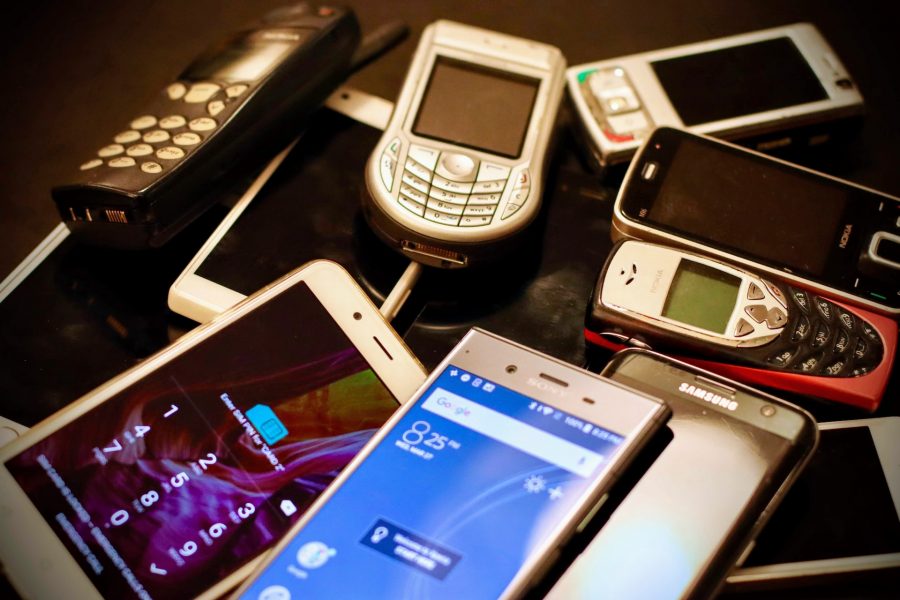Dumbphones: the new digital detox?

Daisy Scott, Science Editor, looks into the revival of dumbphones and what makes them an appealing alternative to smartphones.
Stop the notification insanity, trim down your bills, and enjoy a quieter life without being cut off from modern society – get yourself a dumbphone.
According to research by Sortlist, the average person spends 59,295 minutes each year scrolling through social media (that equates to 36 days, 18 hours and 5 minutes). The typical mobile phone user touches their phone 2,617 times a day and the average person spends more than three hours staring at their small screen in their hand. If you have noticed that you constantly have your phone in your hand or you feel something is missing when it is not within arm’s reach, then you may be suffering from a mobile phone addiction. Although the American Psychological Association does not recognise the mobile phone as an addiction, but many medication practitioners do and they worry that excessive phone usage may lead to sleep disorders, anxiety, reduced cognition and an inability to concentrate. There are over 3.8 billion mobile phone users in the world and it is estimated that around 6.3 per cent have a phone addiction.
People are now trying to battle with technological addiction and trying to engage more with the world that’s happening around them. More and more people are sick of the constant barrage of social media notifications and the thread of the Duolingo Owl so are trading in their smartphones for a more old-fashioned device in the name of peace and quiet.
More and more people are sick of the constant barrage of social media notifications
The dumbphones are basic handsets which have very limited functionality compared to the modern phones most of us have nowadays. You can however, keep in contact with friends and family as you can make and receive calls and text messages
Seventeen-year-old Robin West is one such person who has made the switch back to the so called “dumb” phones and is the only one of her friends without social media. She has said “I didn’t notice until I bought a brick phone how much a smartphone was taking over my life”. The phone that she is currently using only costs £8.
One company that sells these so-called dumbphones is Light Phone. Their handsets, which are on the upper end of this type of phone, allow users to listen to music and podcasts as well as link their headphones with Bluetooth. However, they have said that “we will never have social media, clickbait news, email, and internet browser or any other anxiety-inducing infinite feed”. The company initially created their phones to be used as a secondary phone for people who wanted to take a break from their phone for a short period of time (e.g.: a weekend) but for most people to still use their primary phone.
Professor Sandra Watcher says that smartphones “present research identifies a potentially costly side effect of the integration of smartphones into daily life”
Dumbphones may be a smarter option for many people, being able to speak to close contacts whilst not being constantly needing to look at notifications and they are also usually priced much lower than many of the more feature-laden modern phones.


